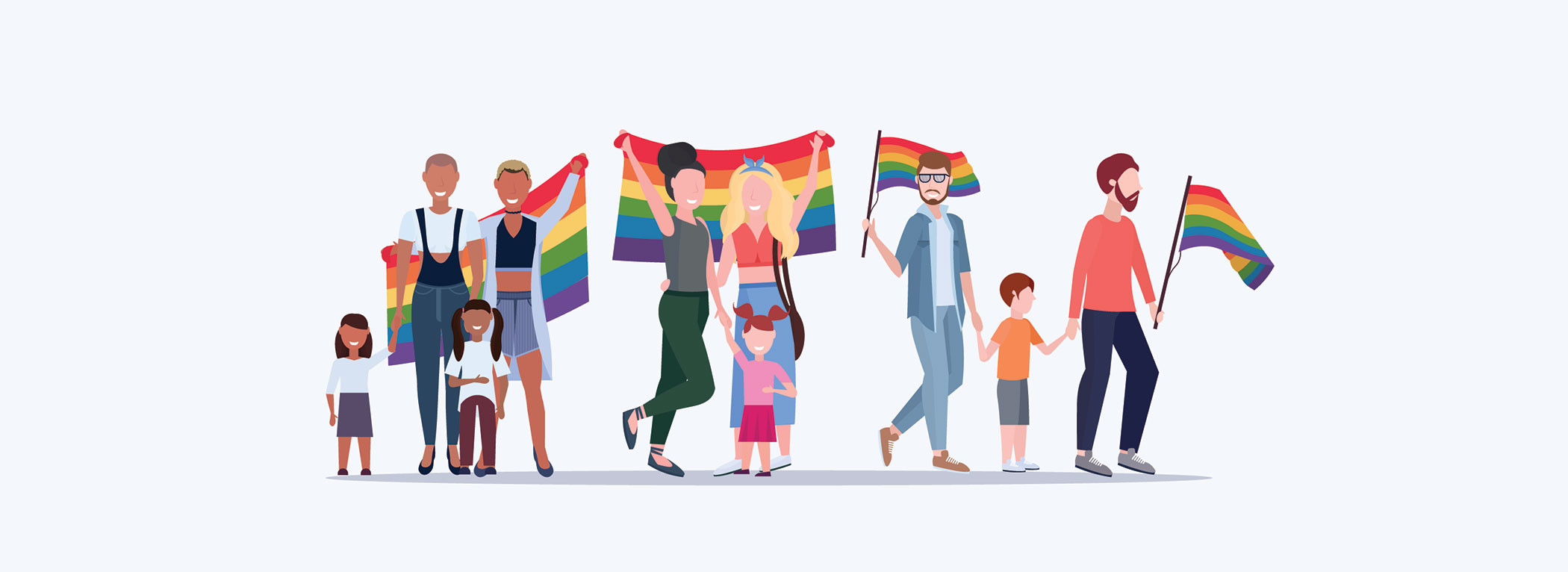Meet Nathaniel
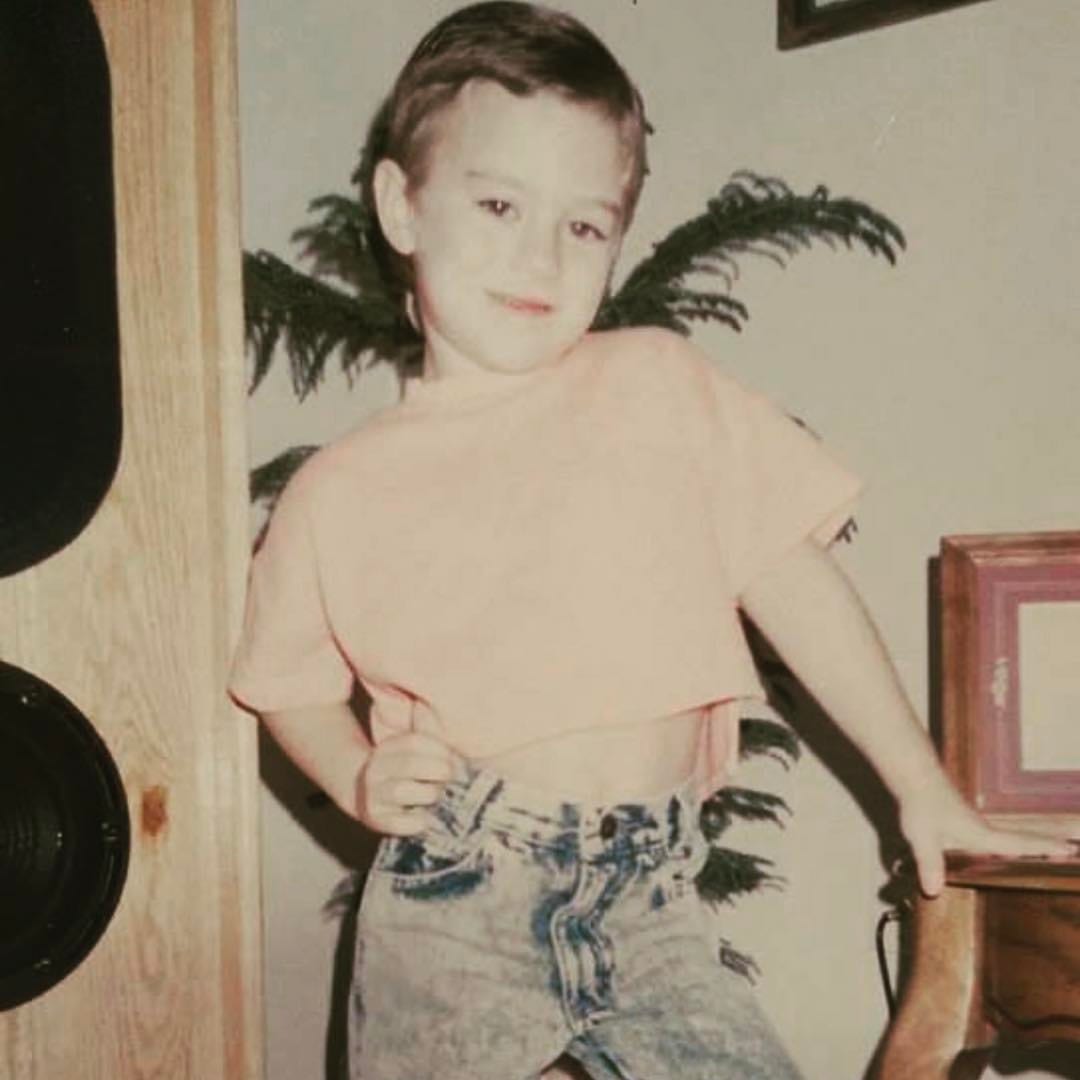
^ Belly shirt y’all
Listen to this one…
My parents met in the Marine Corps. Yes, both my mom and my dad were Marines. I was raised in a small town in Ohio, Greenfield, with a population of about 4,500 people. We attended Bible Baptist church every week, often 3-5 times. I played a sport every season until high school and helped my father a lot with his contracting company as a construction worker. I knew how to spackle and tape drywall before I knew how to drive a car. I know what it is like to grow up as a gay man with expectations because of my gender, my parents, and our religion. I can promise you I’ve thought many of the thoughts your child is likely thinking right now. They can range from the liberation of knowing and proclaiming who you are, to the dark and sinister feeling of hopelessness that claims far too many young lives. I am well acquainted with those feelings; I have lived that life for a very long time.

^ Belly shirt y’all
Grade school was rough. I was bullied every single day, being called all the worst things you can imagine. The first time it happened I was in 2nd grade, and the last day it happened was the day of our high school graduation, so ten straight years. I went k-12 with the same people, in the same halls, and the same terrible abuse my entire childhood. Like many other effeminate boys, I was also physically bullied, and badly. Suffice it to say, I hope your child never experiences that. It stays with you forever. Navigating middle and high school, knowing I was gay, and knowing “it was wrong,” was hard. I knew I needed to leave that environment.
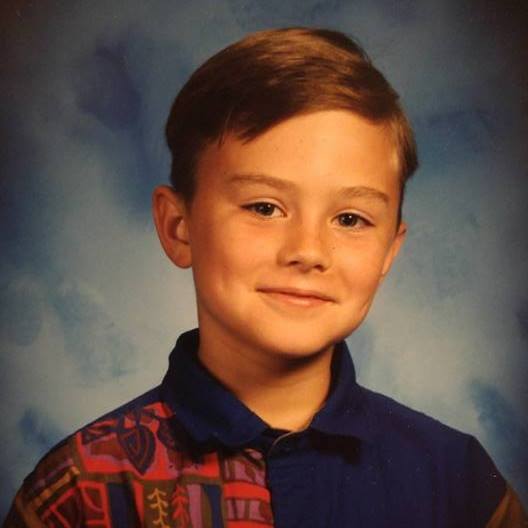
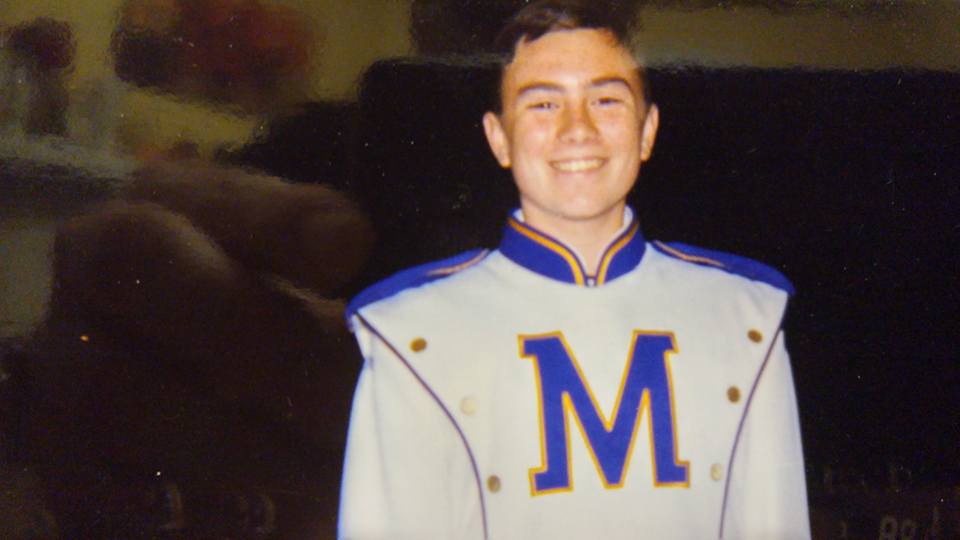
So I came out to my family during my senior year, worked hard on getting my college applications together, and moved to New York City to study at Pace University’s Musical Theater program and start fresh. It was definitely a lot better, but not perfect. Within a month my bed was vandalized with the word “fa**ot” carved into the headboard. It was devastating. But despite that painful reminder from my past, New York City taught me how to not only like who I am as a person, but that I’m totally normal! It was the first time in my life that I not only didn’t hate my LGBTQ identity, but I started to kinda like it.
I knew that New York City had to have an accepting community for me, and I sought it out. I worked at restaurants in the “gayborhood.” I watched drag shows, went to marches and rallies, and started to heal some of the past trauma by becoming an active member within the LGBTQ+ community. My inner child, the part of me that had always known I was gay, never grew up before New York. He was far too afraid, and now he was trying to do everything he could to understand himself, to grow, and to fully process it all. This stint of time is one I look back on with such fondness. My only regret is that it couldn’t/didn’t start sooner.
After 8 years of performing I felt a tug on my heart. I always knew that working with children was for me. I taught children’s dance classes throughout my undergrad degree. I tutored and babysat for families in Park Slope, Brooklyn, which led me to become a teacher at a private school, and then an administrator. I love watching children learn and grow and truly admire their passion for understanding, and questioning, everything around them.
Playing Doody in Grease!

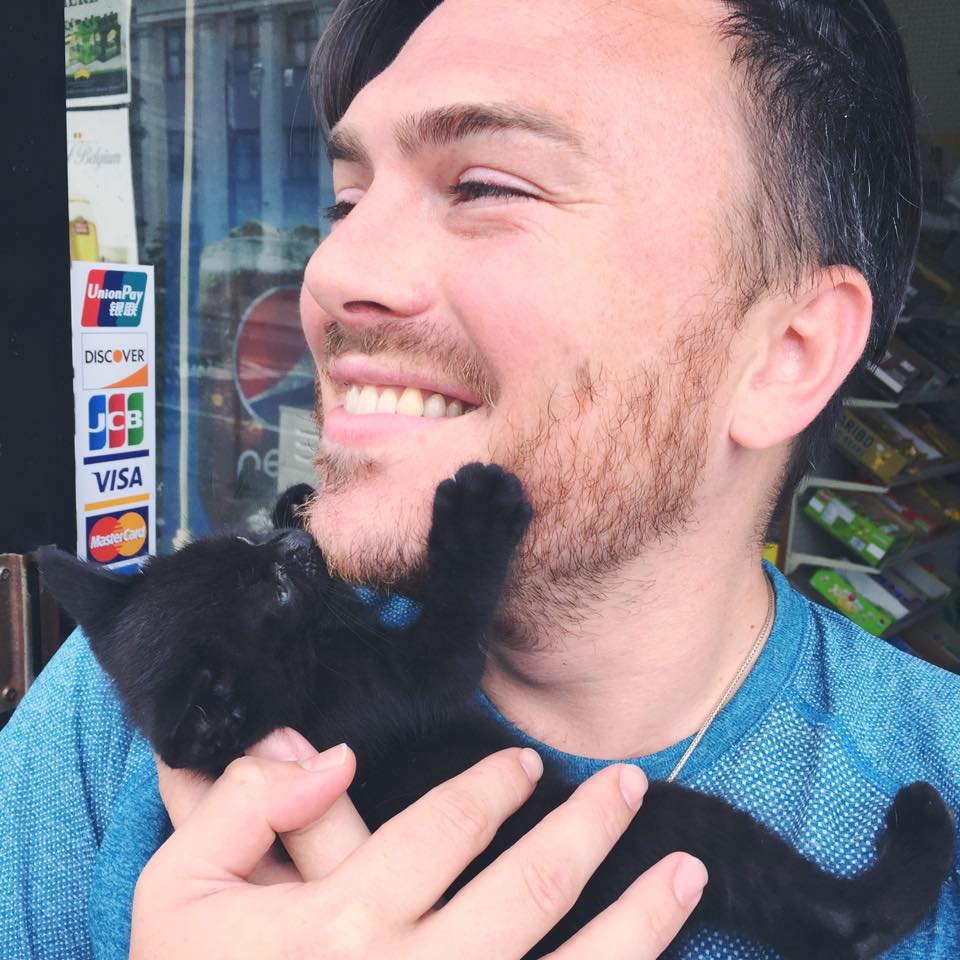
The family I babysat for had a son that reminded me of myself when I was younger: silly, emotional, very sensitive, and struggling to be himself. His mother and I had a fairly candid talk about the potential that he was LGBTQ+. She was very supportive and embracing of the idea. While thinking about his situation I had a realization: Even as time marches on and people become more and more accepting of queer communities (like this mother and her son), the process of discovering your sexual orientation or gender identity will still always be a solo journey, regardless of how supportive the environment may be. You have to figure it all out on your own, and come to terms with the life that you will have on your own. Then to get support from others, you have to out yourself to people you’ve known your whole life and hope for the best. For so many LGBTQ+ kids, this part can either make or break the relationship with their family, establishing whether or not they can be leaned on for support. The process of coming out is an odd and unique one, and, regardless of the continued march for civil rights, it always will be.
I wanted to research this idea and become an expert on the topic of queer adolescence. I pursued my Master’s of Social Work at Fordham University and centered almost all of my coursework around coming out:
- How does it affect the mind?
- What are all the different reactions?
- Why do people decide to do it when they do?
- What’s working about it?
- What needs to improve?
I worked at the Hetrick-Martin Institute and Ali Forney Center, both nonprofits that have been touted for their years of expertise in working with LGBTQ+ homeless youth. The majority of these youth are homeless because of family rejection.


All of this research and experience led me to a question: What can I do to help parents make the most supportive home for their LGBTQ+ child? The answer to that question is The Proud Path. I spent over 1,300 hours working in nonprofits that address LGBTQ+ youth despair, anxiety and homelessness; I’ve studied research and written several papers specifically about queer adolescence for my Master’s degree; I had the pleasure of working for four years with LGBTQ+ children in a private school setting and I know how much I wish The Proud Path existed when I was struggling with my own identity growing up.
Since starting this work in 2015, I have had the pleasure of speaking at public, private, and graduate schools as well as at educational summits in Manhattan, Brooklyn, Staten Island, upstate New York, North Carolina and Michigan. My work with families has led to decreased anxiety among the parents, advocacy for student rights in their schools and even a child who went from actively being suicidal to no longer having those feelings. As I have grown my work these past few years, I’ve been honored with a few recognitions:
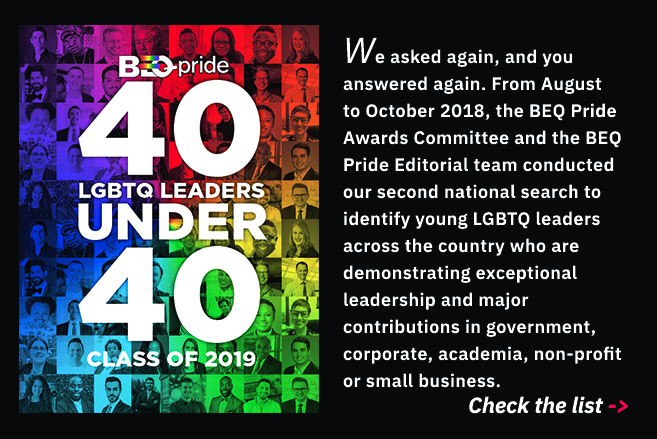

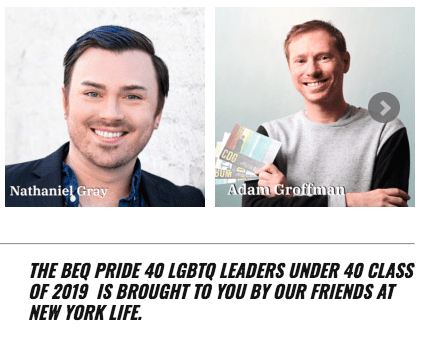
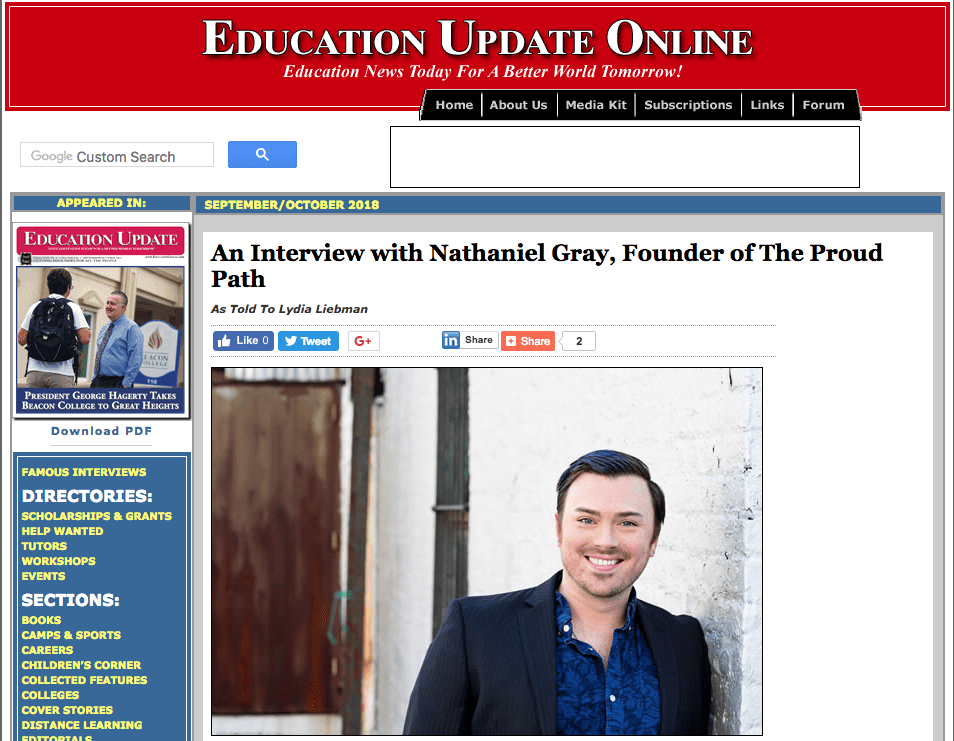
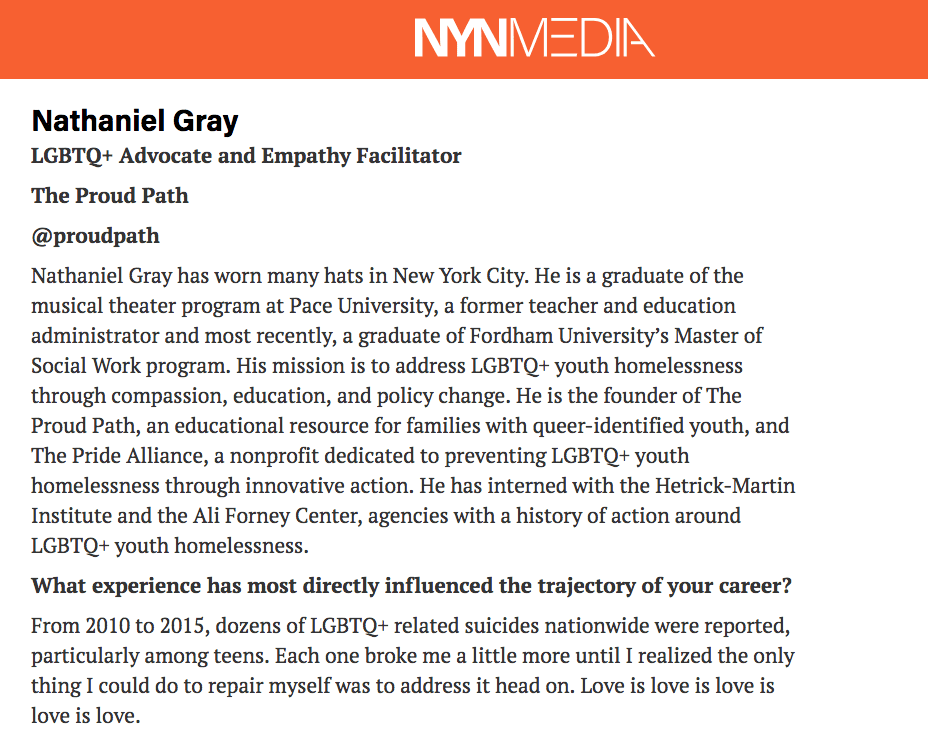
It is my sincere hope that if you are an LGBTQ person reading this, that you know your worth, which is priceless. If you are struggling with your identity, please reach out to me with the form below, and if it is an emergency, call The Trevor Project @ 866-488-7386
If you are a family member reading this, you have all the power to help. Just one affirming adult dramatically decreases the likelihood of anxiety, depression and suicide. Please sign up for The Proud Path’s free courses to learn more about how you can support an LGBTQ child. Email me your biggest questions or setup a call. You’ve got me on your side now, as does the LGBTQ child in your life.
And just in case anyone looking for a public speaker or LGBTQ consultant is still reading, I care about this with my entire life. Please let me come speak at your institution or help with the next diversity project you’ve got. Change happens when we challenge ourselves and embrace it. I can help you do it.
Thank you,
Nate
What’s that one question you need answered?
No gimmicks, I want to know your most pressing question right now so I can answer it.


